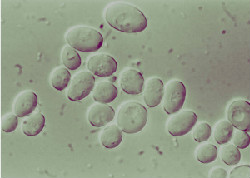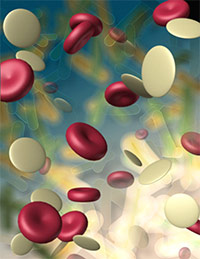
High school biology teaches that the Y chromosome is what distinguishes males from females, who have two X chromosomes. Cancer researchers are exploring the possibility that the additional X chromosome may hold a key to why women have a lower incidence of cancer than men.
Genetic Gender Bias?
The so-called “male bias” runs across all types of cancer. In the past it was thought to be caused by men’s greater exposure to environmental factors such as cigarette smoke and chemicals, but that didn’t explain a similar bias in juvenile cancers like pediatric leukemia.
According to Dr. Andrew Lane of Boston’s Dana-Farber Cancer Institute, lead author of the study, everyone carries tumor suppressor genes that protect cells from cancer. When cancer develops, these genes lose functionality.
Strength in Numbers
The study revealed the genes that were mutated more frequently in male cancers occurred on the X chromosome. While this sounds counterintuitive, there’s more to the story.
One copy of the X chromosome is shut down in all cells, a process known as X inactivation. But approximately 50 of the 800 genes on the X chromosome are spared, leaving women with two sets of those particular genes. As a result, any cancer that develops must mutate twice as many of the genes in women as in men.
Genomic Testing and Immunotherapy for Cancer
Each patient’s cancer is unique, which is why genomic testing is one of the special methods we use at Issels®. Contact us for more information about our personally tailored immunotherapy for cancer treatments that destroy cancer cells while strengthening your body’s own natural defenses.





